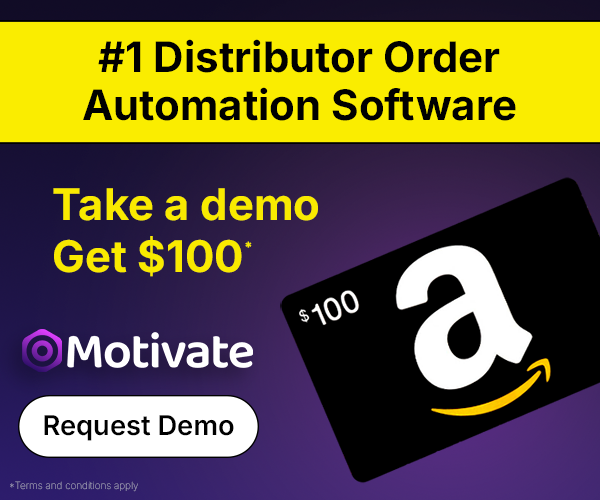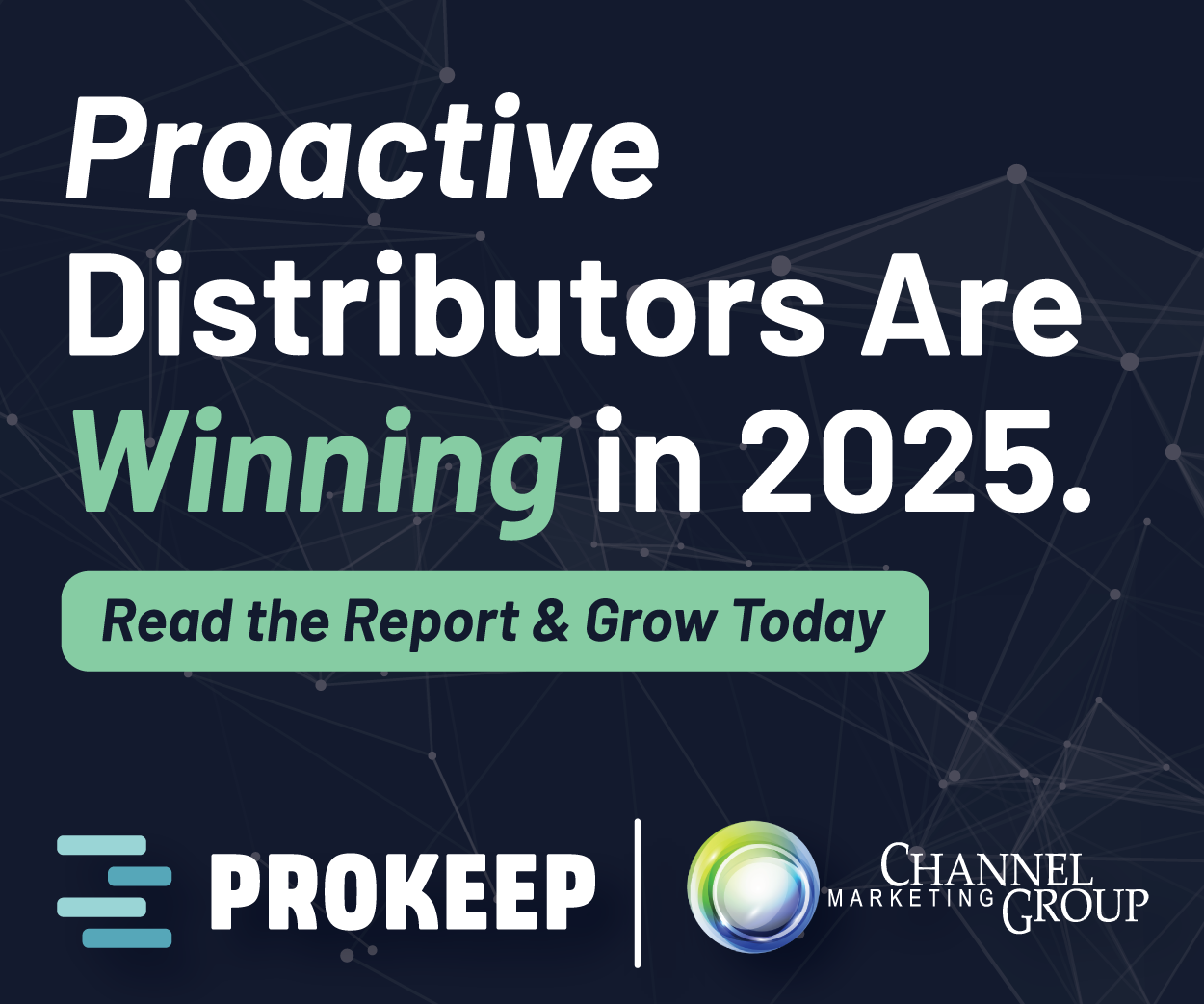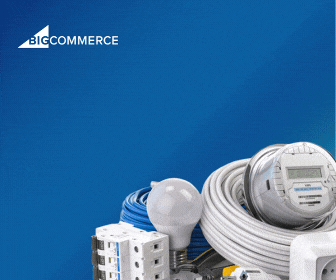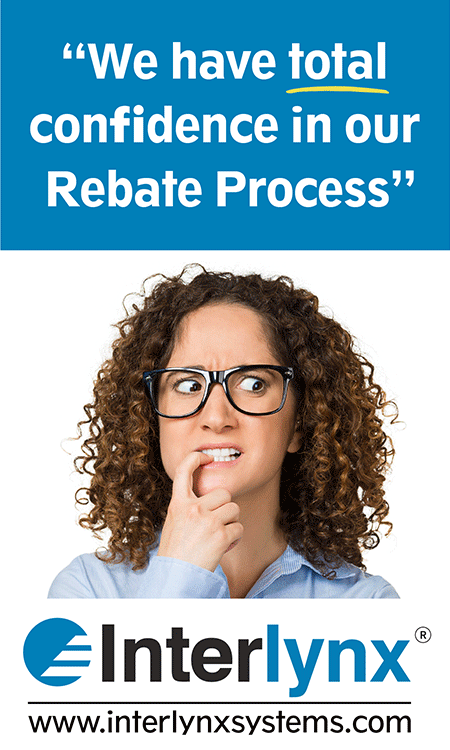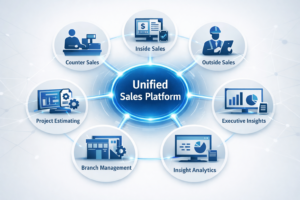Can You Save 80% Through Off-Shore Buying?
An article in the Small Talk section yesterday’s The Journal Report, a section of The Wall Street Journal, answered the question “At what cost savings does it make sense for a small business to move its manufacturing overseas?” (and this can also be interpreted as “source overseas”).
According to the article, the standard answer is at least 30%, however, according to a survey conducted by Ventoro Institute (quoted in the article), many companies expect an 80% cost savings due to the reduction in labor costs! But before you run to seek sourcing arrangements overseas (or to develop your own private label brand), consider:
- The same survey says that the companies surveyed actually had only about a 10% savings, with only 5% of respondents saying that savings exceeded 50%.
Why?
- Problems that small companies experience include:
- they overstate potential savings by just comparing manufacturing costs
- companies fail to factor in other costs and risks associates with overseas relationships and production
- miscommunication with off-shore manufacturers
- delays in shipping
- intellectual property-rights infringement (for manufacturers)
- producing products that aren’t up to U.S. specifications
Private labeling / off-shore sourcing does represent a potential cost-savings, however, it is important to know all of the costs, and the resources you will need to invest in, before undergoing such an initiative. Large companies can commit the resources, if they so desire. Small companies need to evaluate carefully and consider all alternatives, including:
- seeking pricing concessions from their current supplier
- seeking “price” brands from established manufacturers
- increasing usage of SPAs, net pricing, and rebates
- identifying new supplier sources
- negotiating with name brand manufacturers who are private labeling for distributors to obtain a comparable price
- and determining if they need the lower price to compete or improve their profitability. Private labeling is a marketing strategy … how else could you improve your market share, sales and profits?
What are you seeing in the marketplace? While some are actively pursuing private labeling, and others are dipping their toes in the water with no-brands/generics as a prelude to a private label offering, how do you think this will impact distributor/manufacturer relationships? How will it affect your business? How can you compete against it? And has it taken business from you?
Let us hear your thoughts.
P.S. We’ve been asked by a few people to update the private label research we conducted last year. How has the market changed?




